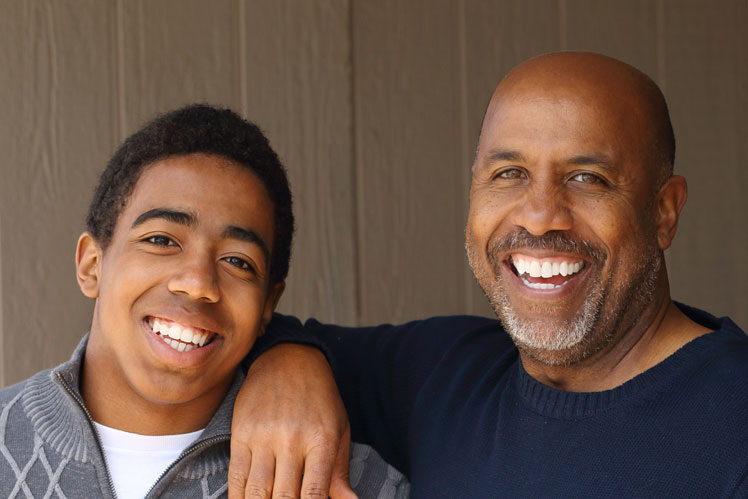latest articles
Healthy, Wealthy and Wise
According to the Financial Consumer Agency of Canada1, good health is determined by mental, physical, and financial wellness. In other words: mind, body, and money. Physical and mental health makes sense, but what is financial wellness?
Financial wellness doesn’t necessarily mean you have millions of dollars invested, although you’ve achieved an admirable goal if you do. While it’s not about the balance in your savings account, financial wellness means you’re feeling good about the relationship you have with money, including:
Financial Advice for New and Expecting Parents
Whether you're expecting a child, planning to have one soon or have just become a new parent, you're about to embark on one of the most rewarding journeys that life has to offer. It's also one of the most expensive: an average of $12,500 per year until age 18.1. That's $225,000 per child, and it doesn't include the cost of post-secondary education. Planning for this is one way to be the best parent you can be.
Optimizing Your RRIF
Registered Retirement Income Funds (RRIFs) are one method of drawing an income from Registered Retirement Savings Plans (RRSPs) in retirement. There are a few things to consider to get the best value from your retirement savings with RRIFs.
For many Canadians, RRSP savings will be the major source of their retirement income. The main concern for most is the risk of outliving their money. Another priority for many retirees is minimizing income taxes.
Revisiting Your Financial Plan
The hits keep coming! With the recently concluded Federal election essentially changing nothing in Ottawa, there is little doubt that annual spending deficits will probably continue to reach new levels. Along with this renewed deficit spending Canadians can expect to see higher consumer prices as various economic disruptions continue to impact Canada and other nations around the globe.








